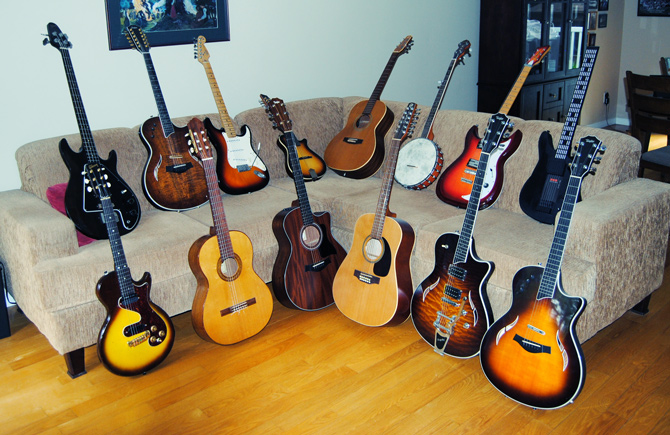When Little Walter (Marion Walter Jacobs, 1930-1968) arrived in Chicago in 1945, he was already a bandleader and a seasoned veteran of the so-called “Chitlin Circuit”, a collection of performance venues throughout the eastern, southern, and upper midwest that provided commercial and cultural acceptance for Afro-American musicians and other entertainers during the era of racial segregation in the Untited States. Chitlins are the fried small intestins of hogs, a southern delicacy.
In 1952, just as Little Walter was joining Muddy Waters’s band, the first take at his debut recording session was the instrumental “Juke”, the biggest hit to this date for any artist on Chess Records and its affiliated labels and one of the biggest national R&B hits of 1952, securing Walter’s position on the Chess artist roster for the next decade. Besides recording with Muddy Waters, Little Walter recorded a string of commercially successful songs under his own name, including 14 top ten hits on the R&B charts between 1952- and 1958.
Little Walter’s groundbreaking technique of amplifying the harmonica changed the sound of the instrument so much that it came to be known as a blues harp, or simply a harp. At Chess, Little Walter could use the talents of the most gifted musicians and songwriters in the country. In 1957, he recorded “Boom Boom (Out Go The Lights)”, another top ten hit which featured such stars as Willie Dixon on bass, Luther Tucker and Robert Lockwood Jr. on electric guitars and Fred Below on drums. Apart from Little Walter’s strong vocal and harp playing, the song showcases guitar playing which ventures into chords that are typically heard in jazz but definitely not in blues. In that more misogynistic era, the lyrics of the song didn’t raise many eyebrows but they wouldn’t pass so easily today.
“Boom Boom (Out Go The Lights)” was written by Stan Lewis (1927-2018), one of the many great entrepreneurs who work in the sidelines of the music industry. Lewis set up Stan’s Record Shop in Shreveport, Louisiana in 1948, a tremendous success story whose early customers included the young Elvis Presley, Buddy Holly and Bob Dylan. As a producer, Stan Lewis is responsible for “Reconsider Baby”, a huge 1954 hit for Lowell Fulson (1921-1999) and for one of the greatest rock ‘n roll songs of all time, “Susie Q”, recorded in 1957 by Dale Hawkins (1936-2010), an employee of Stan’s Record Shop and a cousin of Ronnie Hawkins. A tribute to Stan Lewis’ daughter Susan, “Susie Q” features the great James Burton on guitar, one of the best players of all time.
To read more about Little Walter’s short and difficult life and to listen to our trio play another of his greatest hits, click on this link : « My Babe.»
Richard Séguin – voice, electric guitar
Alrick Huebener – upright bass
Roch Tassé – drums

Ajouter un mot
You must be logged in to post a comment.